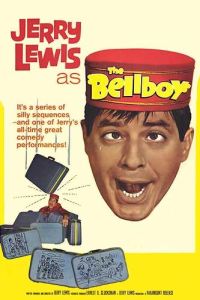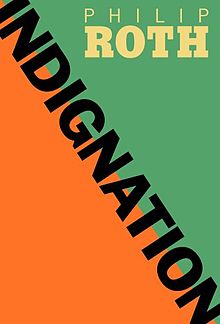(This article appeared in the Australian Jewish News, Melbourne edition, on 28 July 2016 in a different form.)
Australia’s first-ever Jerry Lewis film festival has opened in Melbourne, as part of this year’s Melbourne International Film Festival (MIFF).
Jerry Lewis, born Joseph Levitch to Russian-Jewish vaudeville entertainer parents, stands as one of the towering American-Jewish comics of the 20th century. Although he acted in numerous film and television shows during a career that began in 1949 through the present day (he appears in this year’s “The Trust” with Nicholas Cage), during the 23 year period from 1960 to 1983, he also directed himself in 12 films. All of these films will screen at this year’s MIFF: “The Bellboy” (1960), “The Ladies Man” (1961), “The Errand Boy” (1961), “The Nutty Professor” (1963), “The Patsy” (1964), “The Family Jewels” (1965), “Three on a Couch” (1966), “The Big Mouth” (1967), “One More Time” (1970), “Which Way to the Front?” (1970), “The Day the Clown Cried” (1972), “Hardly Working” (1981) and “Cracking Up” (1983).
Two of Lewis’ best-loved films are “The Nutty Professor” and “The Bellboy”. “Professor” (re-made in 1996 starring Eddie Murphy), is a romantic comedy crossed with science fiction parody of “Dr Jekyll and Mr Hyde”. Jerry Lewis’ persona as Julius Kelp – prone to accidents, socially awkward and buck-toothed – has never been on better display than on this film, and was so popular that Lewis later reprised the character in both “The Family Jewels” and “The Big Mouth”.
“The Bellboy” captures another side of the Lewis persona, taking a “bow” to classic silent comedians, in particular the pantomime artist Stan Laurel, who Lewis consulted on the script. “The Bellboy” also has a lovely “backstory”: Lewis – who directed, produced, wrote and stars – shot the film in less than four weeks on location at the historic Fontainebleau Hotel in Miami Beach, filming during the day while performing in the hotel’s nightclub at night.
“Which Way to the Front” – although a minor addition to the Lewis body of work – tackles the Second World War, where Lewis plays a rich playboy who volunteers to fight against the Nazis and impersonates a German general. It was Lewis’s only overt attempt – in the style of Charlie Chaplin’s “The Great Dictator” – to ridicule the Nazis, and although it failed as a film, it’s worthwhile viewing for both Lewis fans and film historians.
 (poster of Jerry Lewis’ film “The Bellboy”, shot on location in Miami Beach)
(poster of Jerry Lewis’ film “The Bellboy”, shot on location in Miami Beach)



 Posted by donperlgut
Posted by donperlgut  (the cover of Philip Roth’s book “Indignation”)
(the cover of Philip Roth’s book “Indignation”)
